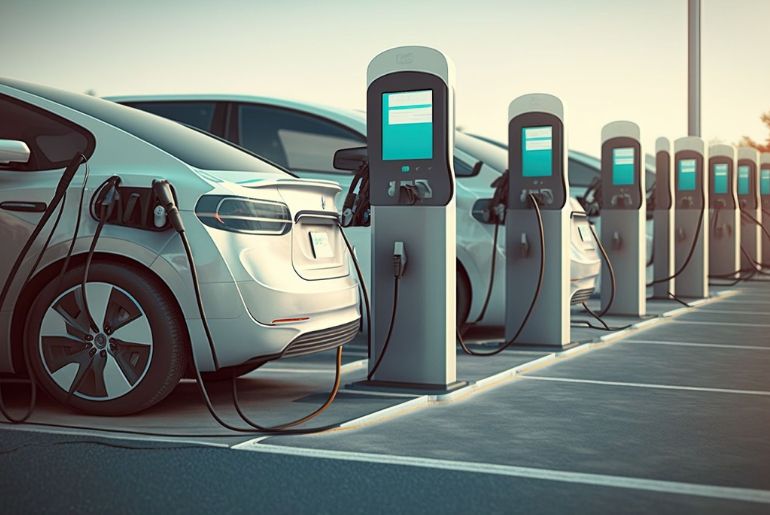With effect from August 1, Bescom has increased the price per unit for the electric vehicle charging stations that the business has installed by 11 paise. Karnataka Electricity Regulatory Commission (KERC) has provided significant relief to electric vehicle (EV) owners in the state by addressing concerns related to installation of EV-charging stations in high-rises and large apartment buildings.
In response to changes in fuel adjustment fees, GST, and service charges assessed on the EV Mitra mobile app, it has revised the rate. The new tariff would cost ₹7.67/kWh for fast charging stations, ₹7/kWh for normal charging (DC), and ₹6.86/kWh for normal charging (AC).
Bescom emphasized that the tariff is always changing based on the taxes imposed. Bescom claims that private players charge between ₹22 and 25 per kWh. Around 350 EV charging stations have been installed by the electrical supply company in Bengaluru, Kolar, Tumakuru, Chikkaballapur, Ramanagar, Chitradurga, and Davanagere.
KERC’s directive comes in response to persistent opposition from resident welfare associations (RWAs), citing potential fire hazards and structural stability issues. In a special order to the energy department and electricity supply companies (Escoms), KERC has mandated the streamlining of procedures for installing EV charging units in apartments and large housing societies across Bengaluru and rest of the state.
The commission instructed them to issue detailed guidelines and publish them on their websites. “Individual flat owners, consumers and occupiers allocated specific parking spaces in multi-storeyed buildings and wishing to install EV-charging points for all types of vehicles, including two-wheelers, are allowed to connect such units within their existing sanctioned load or, if necessary, enhance the load under the existing category tariff,” the KERC order states.
KERC has also provided an option for EV owners to avail new connections under the EV-charging tariff category, determined by the commission, and get the same sanctioned from electricity supply companies.
“The wiring or cabling shall be extended from the metering panel to where the charging points are located, complying with Central Electricity Authority (CEA) safety regulations,” the order emphasizes.
In addition, KERC has directed the chief electrical inspector of Karnataka electrical inspectorate to issue norms for housing energy meters in the metering panel, specifying the type of electrical cabling from meter points to charging stations, safety earthing, and a standard wiring diagram to ensure utmost safety for users and vehicles.
Several apartment residents, EV promoters and RWAs had previously approached KERC for a detailed standard operating procedure on EV-charging stations due to practical difficulties in installation.
“If any consumer, owner, or RWA wishes to install EV- charging points in common areas of apartments or buildings, they need to obtain sanction from Escoms and extend wiring from the metering panel to charging points as per CEA safety rules. Meters for such stations shall be kept in a new metering panel,” the KERC order specifies.
Moreover, the KERC has ordered Escoms to arrange for servicing of EV[1]charging stations, ensuring compliance with conditions of supply, subject to requests from owners, RWAs and promoters in apartments. This move by KERC is being seen as a major step forward for the adoption of electric vehicles in Karnataka, addressing RWAs’ concerns while ensuring safety and streamlined procedures for EV-charging infrastructure.

